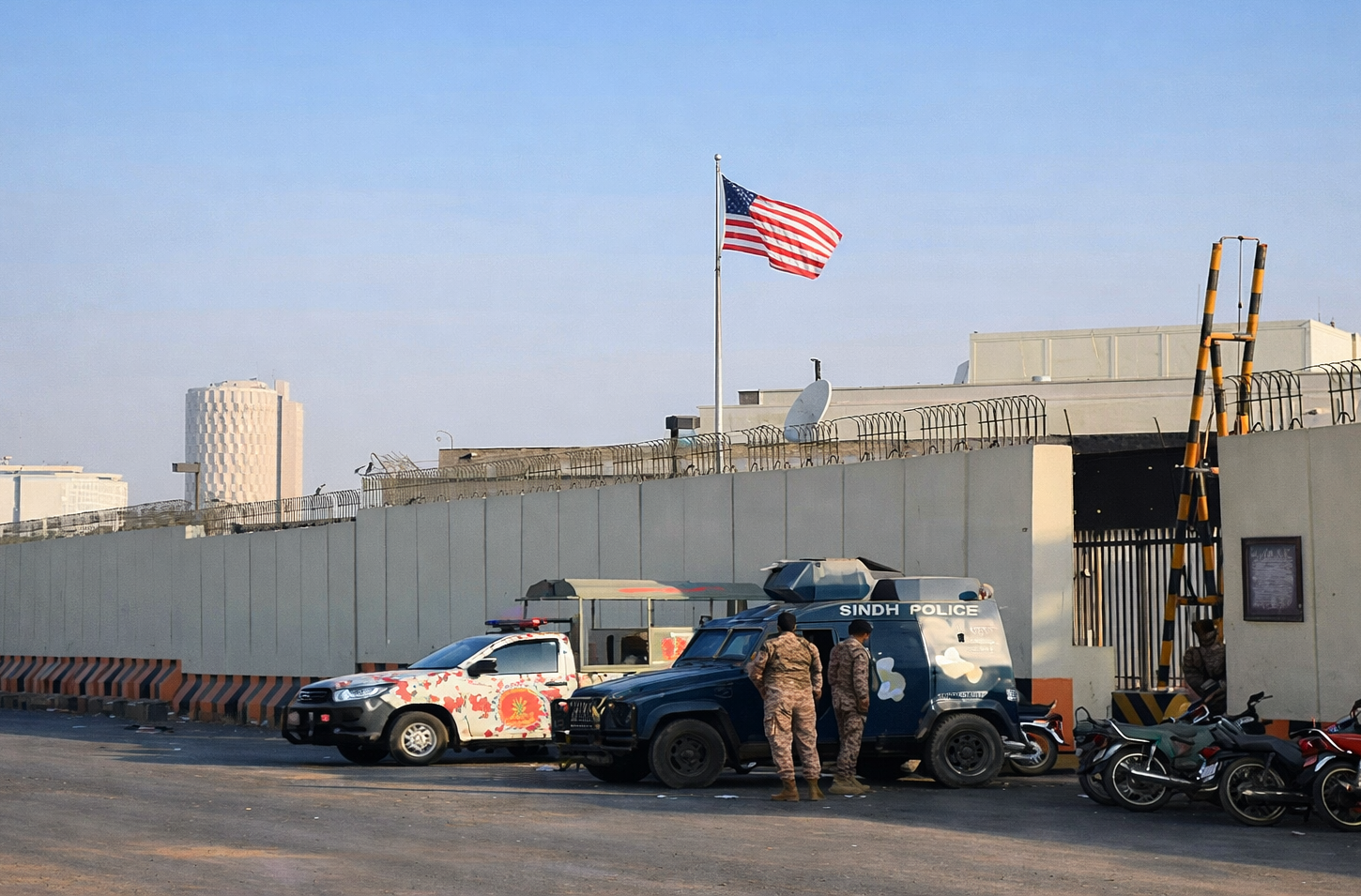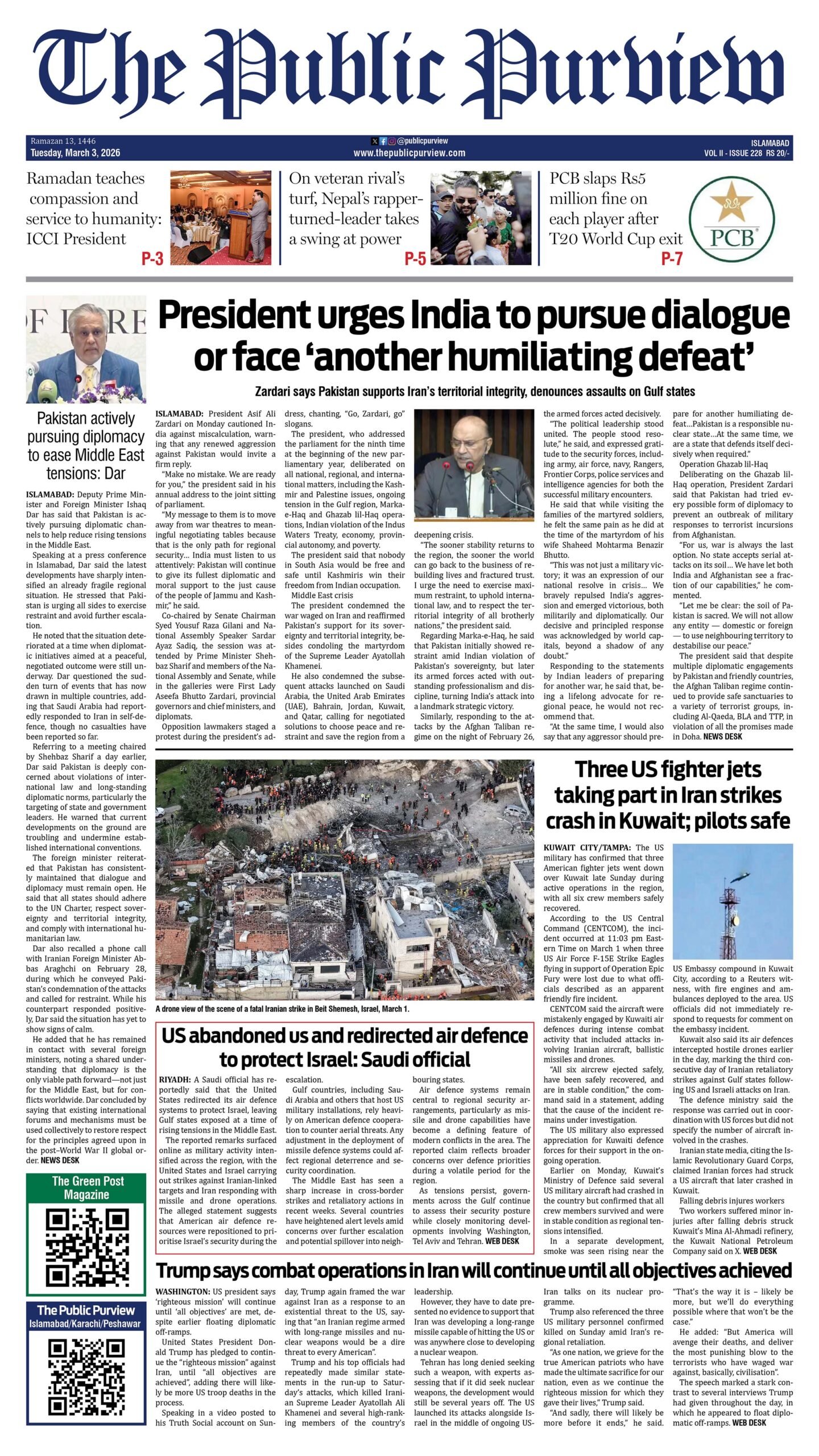Professor Dr. Muhammad Sarwar, TI
Dean, Postgraduate Studies and Research, The University of Lahore
Executive Summary
Universities have mastered administrative control, ensuring punctuality and compliance, but the true quality of teaching remains largely unexamined. Students attend classes, yet the knowledge they gain often remains superficial, with minimal critical thinking, communication, or application skills.
Education, in its truest essence, is the awakening of the mind and the liberation of the soul. It is not merely the acquisition of degrees or the memorization of facts; it is the discovery of truth through reason, reflection, and experience. Bertrand Russell observed, “We are faced with the paradoxical fact that education has become one of the chief obstacles to intelligence and freedom of thought.” I always emphasise, “Freedom of thought is the breath that keeps humanity alive; when that breath is stifled; creation dies.”
This article proposes a framework for transforming classrooms using four interconnected pillars: Knowledge, Thinking, Communication, and Application. By aligning curriculum design, faculty training, and assessment methods with these components, universities can eradicate rote learning, foster active learning, and cultivate graduates capable of applying knowledge meaningfully in real-life contexts.
Introduction
Universities around the world have mastered the art of monitoring teacher attendance, yet they often fail to ensure what is actually delivered in classrooms. Administrators can guarantee punctuality, but they cannot control the depth, engagement, or transformative nature of teaching.
This problem has serious implications; students graduate with degrees but lack critical thinking, communication, and practical application skills. Our majority universities, for instance, often prepare students for examinations rather than life. They teach obedience, not originality; repetition, not reflection; and compliance, not creativity. Students may hold knowledge but fail to internalize it, making it unusable in real-world contexts.
The goal of education should not merely be attendance or rote memorization; it should cultivate knowledge, thought, and application in a way that transforms students into active contributors to society.
The Lost Spirit of Education
The first casualty of our educational system is inquiry. Real education begins with the courage to question; to ask why and how, not just what. Socrates said, “Education is the kindling of a flame, not the filling of a vessel.” Yet in most universities, the vessel is filled to the brim with memorized information, while the flame of curiosity is suffocated.
Professors often reward conformity to their own opinions rather than independent thinking. The classroom becomes a place of intellectual obedience instead of exploration. Students can quote theories but cannot think through them; they can pass exams but cannot solve real-world problems.
Rote learning is the most visible symptom of unreal education. Students memorize definitions, theories, and essays without engaging in the thinking that produced them. Albert Einstein rightly said, “Education is not the learning of facts, but the training of the mind to think.”
Every year, thousands of student graduate holding degrees that promise employment but fail to ensure enlightenment. Education has been reduced to a transactional process; a degree is a ticket to a job, not a journey of the soul. John Dewey reminded us that “Education is life itself,” not a preparation for it.
Knowledge
Knowledge is the foundation upon which all intellectual growth rests. Yet in many universities, knowledge remains static and unexamined, reduced to memorization and repetition. John Dewey (1938) warned, “Knowledge without purpose is sterile,” emphasizing that learning must cultivate comprehension and contextual relevance.
Faculty should ensure that students not only know facts but understand their meaning, relationships, and implications. I observe, “The heart tangos with the unseen long before the feet find the path,” highlighting that true understanding precedes observable mastery.
Knowledge gains ultimate value when students relate it to real-world contexts. Integrating case studies, simulations, and applied exercises helps students see knowledge as dynamic and meaningful. I always emphasize, “Freedom of thought is the breath that keeps humanity alive; when that breath is stifled; creation dies.”
Thinking
Critical and creative thinking is the engine of learning. Knowledge without thought becomes inert, and students who rely solely on memorization fail to develop analytical skills.
Paulo Freire (1970) criticized the traditional “banking model of education,” in which students are treated as empty accounts to be filled with information by the teacher. In this model, students passively memorize facts and reproduce them for exams, without questioning, reflecting, or applying the knowledge. Such teaching suppresses creativity, independent thought, and real understanding.
In contrast, Freire proposed a dialogical, participatory approach, where learning becomes a conversation between teacher and students. In this method, students actively engage with the material, ask questions, discuss ideas, and participate in problem-solving. The teacher is not merely a transmitter of facts but a facilitator who guides exploration, encourages reflection, and helps students construct their own understanding.
Albert Einstein similarly emphasized, “Education is not the learning of facts, but the training of the mind to think.”
Practical strategies to cultivate thinking include Socratic questioning, debates, case study analyses, reflective journaling, and problem-solving exercises. For example, classroom debates on ethical dilemmas encourage learners to integrate knowledge and reasoning, while reflective journals help students articulate and critique their own thinking processes.
Thinking should permeate all disciplines. Science labs, literature analyses, social studies, and professional courses all offer opportunities for analytical reasoning. By consistently integrating reflection, evaluation, and innovation, educators train students to transfer thinking skills across contexts, enabling them to solve complex, interdisciplinary problems.
Communication
Communication transforms internal cognition into shared understanding. Socrates demonstrated the power of dialogue, asserting that truth emerges through discussion. Modern classrooms should prioritize oral and written expression, encouraging students to convey ideas clearly and persuasively.
To cultivate communication skills, faculty should integrate presentations, peer teaching, collaborative projects, and reflective writing. I share with faculty, “Ethos earns the trust, Pathos wins the heart, and Logos convinces the mind but wisdom is born when all three tango together.”
Students must articulate complex ideas in diverse contexts, from formal presentations to informal discussions. Assignments should encourage negotiation, persuasion, explanation, and collaboration, ensuring that communication is practical and reflective. Classrooms thus become training grounds for lifelong interaction.
Application
Application is the culmination of effective education. Confucius taught, “I hear and I forget. I see and I remember. I do and I understand,” emphasizing that knowledge gains permanence through practice.
Traditional exams reward memorization rather than problem-solving. Faculty should design evaluations that require students to demonstrate the application of knowledge, including case analyses, projects, and real-world exercises.
Application should be a continuous element of learning, integrating routine classroom activities like analysing current events, conducting experiments, or writing reflective essays.
Teaching
A curriculum remains potential unless teachers implement it effectively. A well-structured semester curriculum may encompass all four pillars: Knowledge, Thinking, Communication, and Application. However, their transformative potential depends entirely on how the teacher delivers the content.
Teachers must consciously plan lessons so each session addresses all four components. Examinations must reflect this holistic approach. Students should be assessed not only on what they know but also on how they think, articulate, and apply knowledge. I think, “Destiny tangos with patience; only the hasty lose the rhythm.”
Practical strategies include: integrating comprehension exercises, incorporating thinking tasks such as case analyses, facilitating communication through presentations, and providing opportunities for application through projects, experiments, and real-world problem-solving activities.
By keeping all four pillars in mind, teachers ensure that the curriculum is internalized, producing graduates capable of meaningful contribution rather than passive retention.
Faculty
Teachers are the linchpin of educational reform. Faculty development programs should focus on curriculum redesign, assessment alignment, and reflective pedagogy. I always emphasize, “A teacher inspires through ethos that earns trust, pathos that touches hearts, and logos that enlightens minds.”
Mentorship, workshops, and peer review are essential for continuous professional growth.
Assessment
Exams traditionally emphasize recall, perpetuating passive learning. Annual, semester, and term systems alone cannot guarantee quality learning.
Assessments must measure Knowledge, Thinking, Communication, and Application equally, for example, allocating 25% weight to each pillar.
Frequent formative assessments, quizzes, and reflective assignments reinforce learning and allow students to refine understanding, enhance thinking, improve communication, and apply knowledge meaningfully.
Systems
The failure of existing frameworks lies not in the systems (annual, semester, term) but in poor implementation.
True reform requires a holistic approach; faculty training, curriculum redesign, and assessment alignment must operate in concert. I believe, “Destiny tangos with patience; only the hasty lose the rhythm.”
Consistent effort is the key to genuine transformation.
Freedom
Freedom is the lifeblood of education. Without intellectual freedom, learning turns into indoctrination. Students must be encouraged to question, challenge, and innovate without fear.
According to me, “Freedom of thought is the breath that keeps humanity alive; when that breath is stifled; creation dies.” True learning thrives in open dialogue and co-creation of knowledge.
Conclusion
Universities must shift focus from attendance and superficial compliance to genuine intellectual and practical development.
By embracing the four pillars and aligning faculty training and assessments with them, classrooms evolve into true thinking spaces. Students graduate not just with degrees, but with skills and understanding to think critically, communicate effectively, and apply knowledge meaningfully.
I aptly summarize, “When a teacher tango with ethos, pathos, and logos, knowledge turns into wisdom, and learning becomes a dance of the soul.”
Real education awakens the mind, heart, and soul, transforming information into insight and knowledge into wisdom.
He also emphasizes, “When the soul tangos with silence, wisdom is born.”
Read more articles and expert opinions here: https://thepublicpurview.com/category/blog/
For climate-related stories, visit: The Green Post







 Today's E-Paper
Today's E-Paper